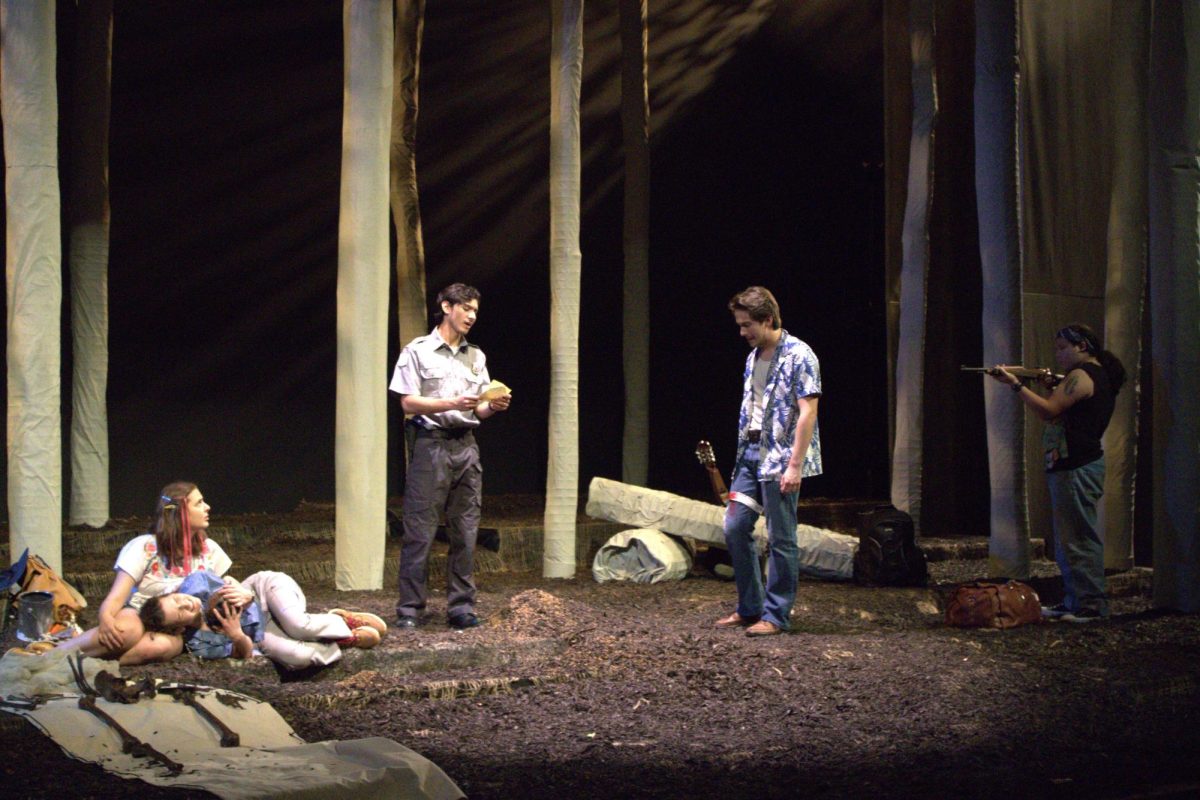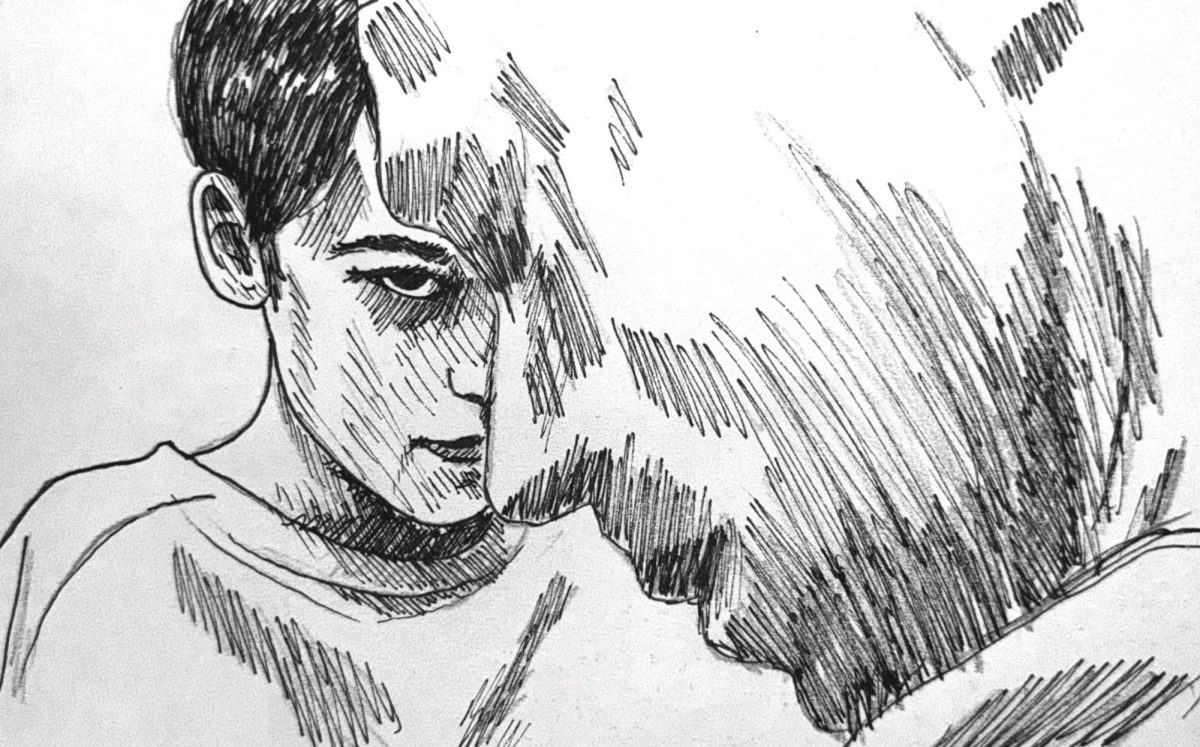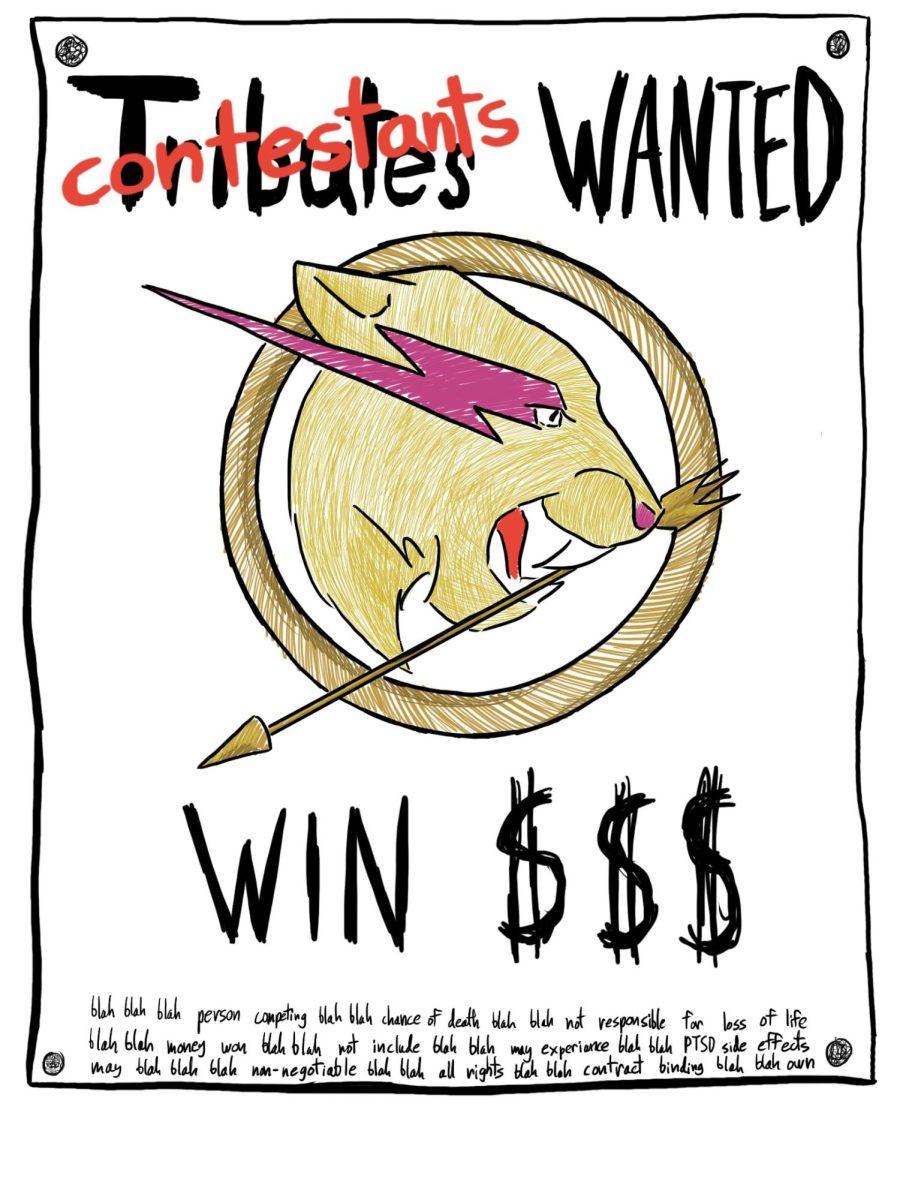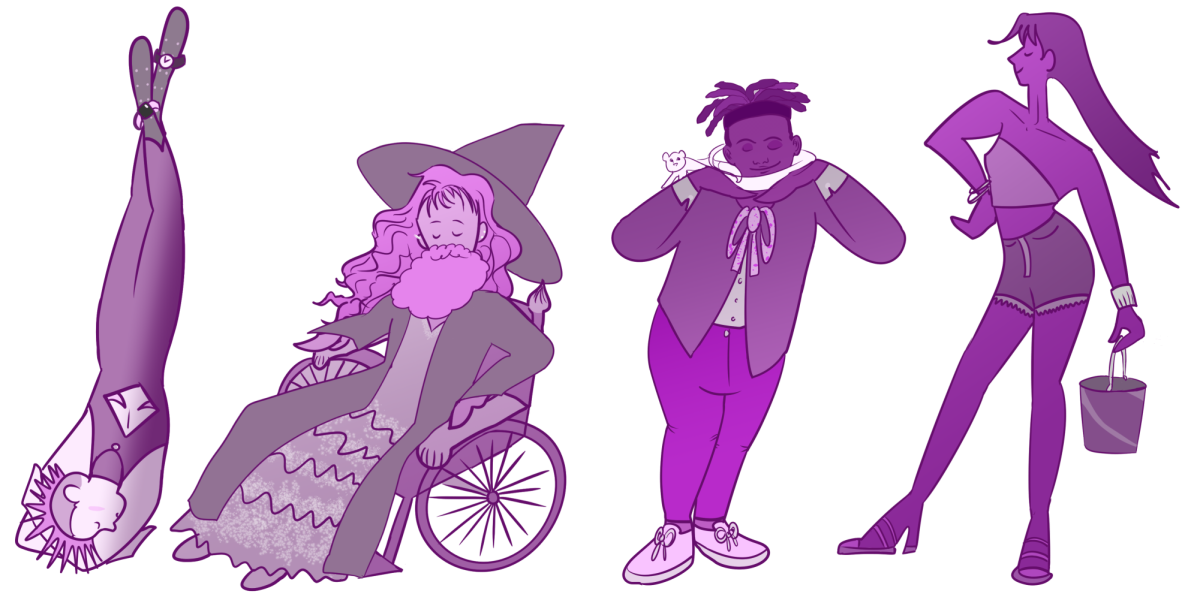By Mason Walker, A&E Columnist
In the past year or so, my bookshelf has been taking me on a thrilling journey through the last decade. It is now clear to me that, with so many exhilarating and edifying works published during those ten years, I probably should not have frittered away quite as much time on Tolkien-for-dummies fantasies. “On Beauty,” “The Amazing Adventures of Kavalier and Clay” and “The Corrections” were all, I discovered, totally deserving of their reputations as some of the greatest reads of the New Millennium.
Yet, perhaps, even these laurel-loaded books did not receive quite as much praise as Cormac McCarthy’s “The Road.” That rare work that can win over both Oprah and The New York Times, this novel was widely hailed as the single best book of the last decade””and one of the best of all time. After countless pleas from friends and sufficient shaming from a former English teacher, I finally picked up a copy two months ago.
I am quite glad I did.
The book’s overall plot is well known by now, as are its themes. Over two hundred and eighty pages, we bear witness to the travails and triumphs of a boy and his father as they make their way through the aftermath of nuclear fallout.
But, as any good English student knows, what happens in a story is not what the story is actually about. As the boy and the father journey through a world with frequent brutalities and few resources, they attempt to do more than survive””they attempt to carry within them what the father refers to as “the fire,” the virtues of honor and courage and compassion that most survivors have abandoned in their Darwinian race against impending death. This book has within it a more compelling refutation of moral relativism than any work of philosophy I have ever read.
On the macro level, it is gripping, intelligent and necessary.
On the micro level, it certainly has its issues. Like any great writer, McCarthy is constantly experimenting with the English language. Some of those experiments fizzle out. McCarthy has a penchant for occasionally penning sentences that are formally gorgeous but thematically empty. When one of his character asks, “How does the never to be differ from what never was?” the reader can be forgiven for answering “I don’t freaking know!”
These moments of fake profundity hamper the book’s overall quality. But for every empty phrase, there’s a moment of linguistic genius: depraved criminals are “creedless shells of men tottering down causeways,” and all lovers have “a common provenance in pain.”
When McCarthy really gets going, it is like reading James Joyce, if Joyce had surveyed the heat-swept deserts of Texas instead of the foggy seas of Dublin. A sentence is just as likely to knock you out as an entire scene.
This book is, quite obviously, a very good one. It is not perfect, but it has a chance at being something even greater; immortal. Whether our society tends towards pain or pleasure, towards anarchy or complacency, “The Road” will always have the potential to lead us in a better direction.
By John Mendiola, A&E Writer
“The Fault in Our Stars,” John Green’s latest novel, is about”” surprise, surprise”” precocious and angsty teenagers. The precocious and angsty teenagers have more of a reason to be precocious and angsty due to being afflicted by cancer. Hazel Grace Lancaster, a sixteen year old suffering from thyroid cancer, narrates the story of what her life is like: support group meetings, friends and strangers dealing with awful diseases and unexpected oblivion.
The main thrust of the story starts when Hazel Grace comes to a support group meeting and sees a boy across the “Literal Heart of Jesus” (the center of the floor) staring at her with an intense gaze. The boy, Augustus Waters, is a friend of another member of the support group. Augustus came to provide Isaac some support because he has to have his eyes removed to be NEC (no evidence of cancer). Hazel finds the boy handsome with a crooked smile and an attractive body. He starts talking to her and is upfront about his attraction to her. He tells her, “I decided a while ago not to deny myself the simpler pleasures of existence.”
I personally thought the plot felt contrived. It did provide an opportunity for me to get attached to the characters. The characters and their views on each other, their experiences on life leave me in awe. Hazel Grace and Gus are full of these life-affirming and life-questioning quotes. I wish I could just insert dozens of quotes from the book. Here are some of my favorites: “My thoughts are stars I cannot fathom into constellations,” “That’s the part of what I like about the book in some ways. It portrays death truthfully. You die in the middle of your life, in the middle of a sentence,” and “Right, of course. But you keep the promise anyway. That’s what love is. Love is keeping the promise anyway. “
I knew months before I read this book how sad it is and how almost everybody cried when they read it. I steeled myself and resolved that I would not let this book manipulate me into shedding tears. I thought to myself, “Oh, John Green is writing a book about cancer. He found a new avenue to exploit my emotions. Just killing off people normally was not good enough.” I tried. I really di,d but to no avail. I cried. I tried yet I still cried.
Maybe this book is not the most elegantly written. Both in its plot and its writing. But “A Fault in Our Stars” left a hole inside me after I finished it regardless of its imperfection. John Green has a way of grabbing your emotions before you realize you have already lost the battle. You are hooked and are vulnerable to the highs and lows.
One more for the road, “You don’t get to choose if you get hurt in this world”¦ but you do have some say in who hurts you. I like my choices.” Life is awful and painful but it makes the beauty and warmth so much brighter when we encounter them.





